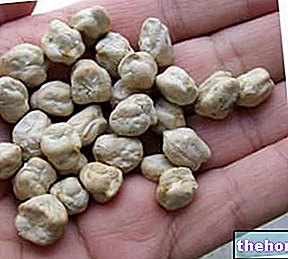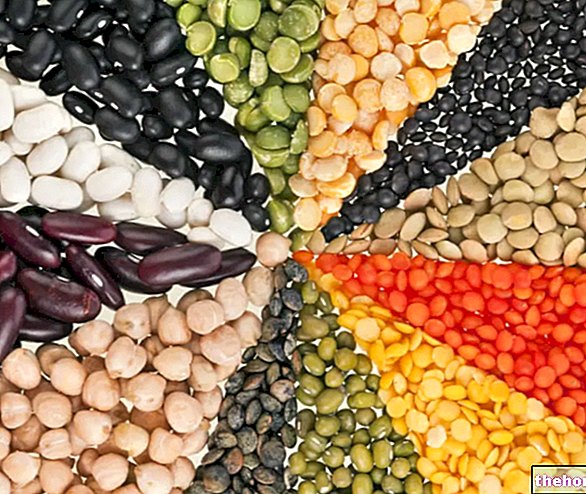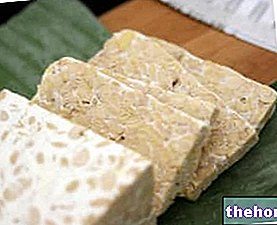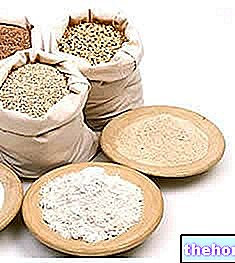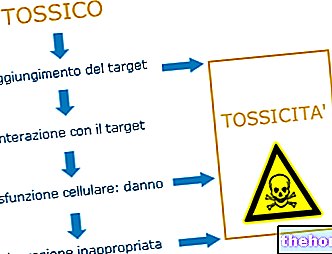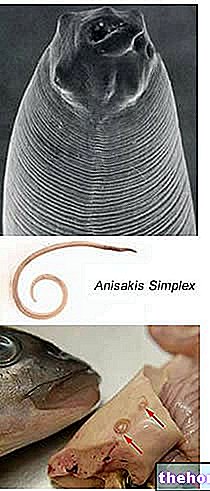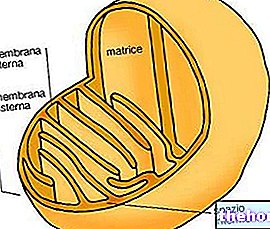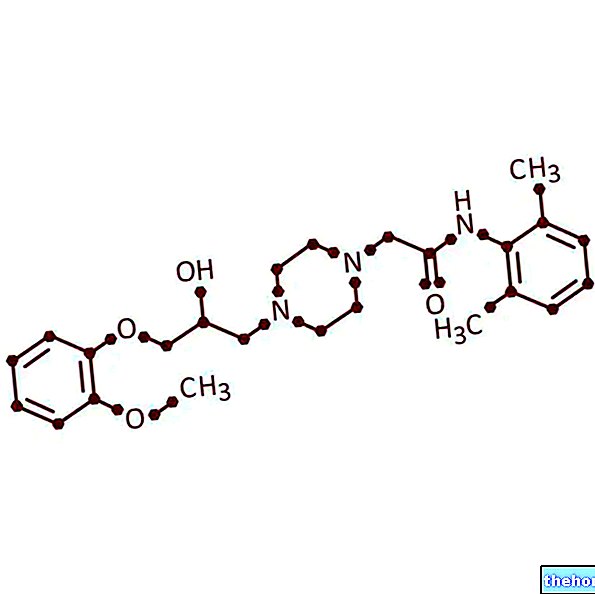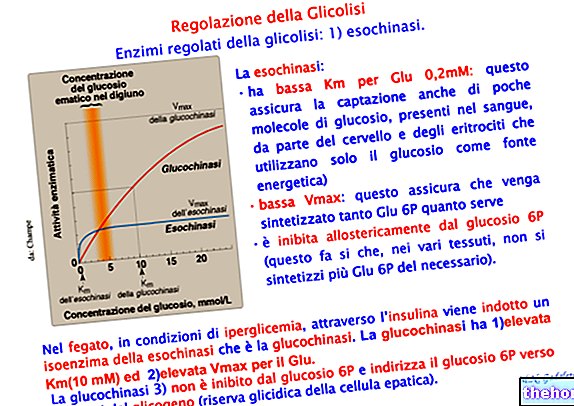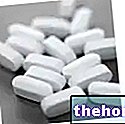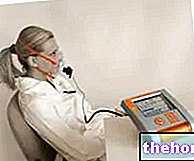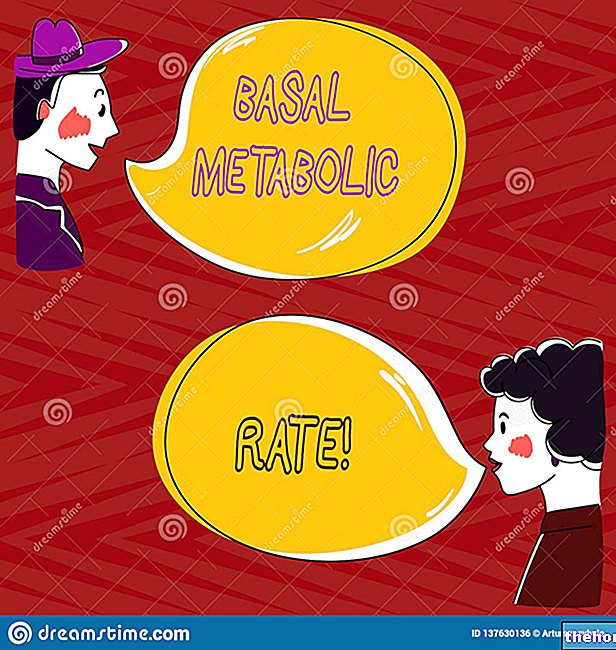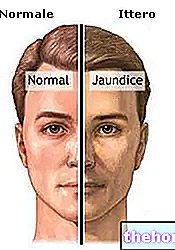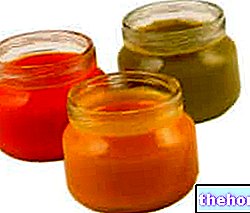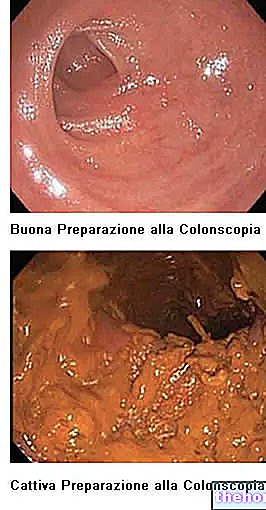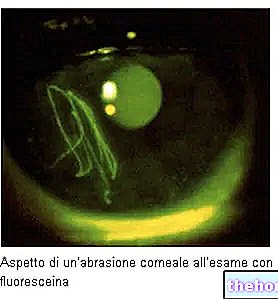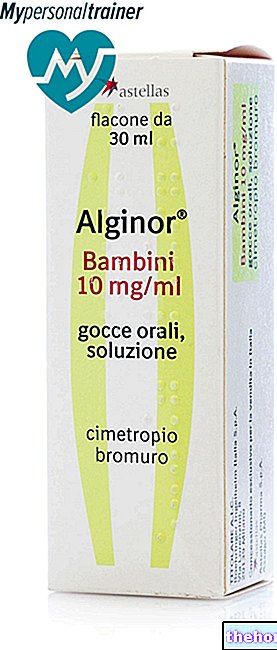Dietary function

Nutritional values (per 100 g of edible portion)
Soy yogurt is a product which, although containing "more or less" the same bacterial strain of ferment (Lactobacillus bulgaricus And Streptococcus thermophilus) used to produce traditional yogurt, has quite different nutritional characteristics, such as: absence of lactose, absence of cow's milk proteins, absence of cholesterol, lower energy density (compared to whole yogurt), absence of animal fats, presence of traces of lecithin and phytosterols. Soy yogurt is therefore suitable for transversal needs, both of an ethical-religious type and of a health-related type; this food is suitable for the diet of vegetarians and vegans (but not raw foodists, as the soy milk is boiled), Jews, lactose intolerant, allergic to cow's milk proteins, hypercholesterolemics and those who follow a diet therapy against obesity.
In addition to listing the nutritional values of soy yogurt, it is also crucial to note that:
- Some soy yogurt on the market are fortified in calcium (Ca), in order to comply with any nutritional deficiencies of vegans
- Soy yogurt obviously contains soy protein; these peptides are still the subject of numerous studies for their possible beneficial effects on human health (cholesterol-lowering). On the other hand, they too can cause allergic hypersensitivity
- Soy yogurt contains phytosterols and traces of lecithin which, contextualized in an "appropriate diet, can help reduce blood cholesterol (LDL), reducing cardiovascular risk.

The bacterial cultures for inoculation are available in freeze-dried form or, more easily, in commercial soy yoghurt.
NB. it is possible to reuse the already fermented soy yogurt for the inoculation of the new one for a maximum of 10 preparations.
If you choose to use a commercial soy yogurt as a precursor, you need to make sure that it contains live-active enzymes and is not flavored or sweetened; on the other hand, if you want to prefer a freeze-dried culture, it will be necessary to contact specialized supply organizations or some pharmacies.
The success of homemade soy yogurt depends not only on the quality of the raw materials described above, but also on the hygiene with which the tools and containers used are treated; a parallel contamination of the soy yogurt would nullify the proliferation of the starter. causing the process to fail.

